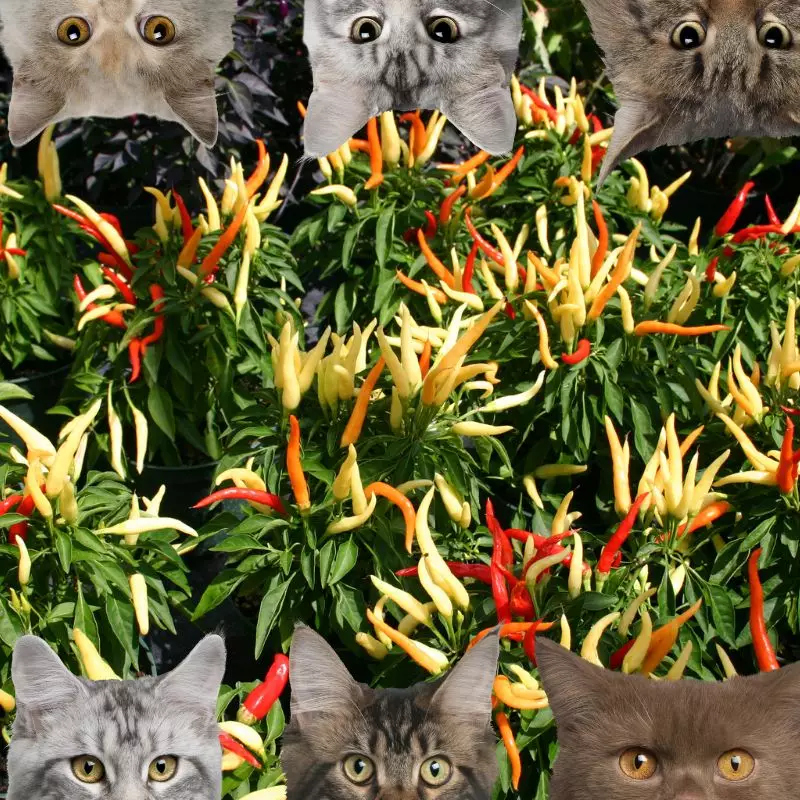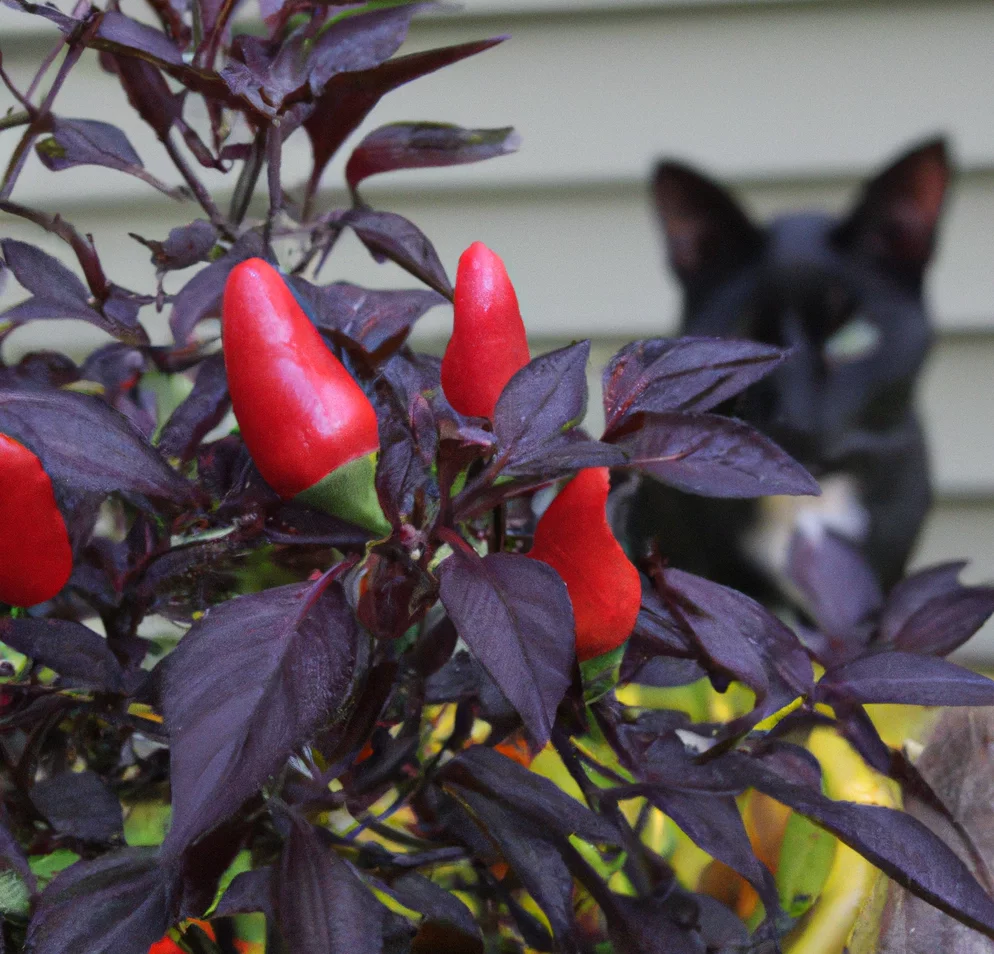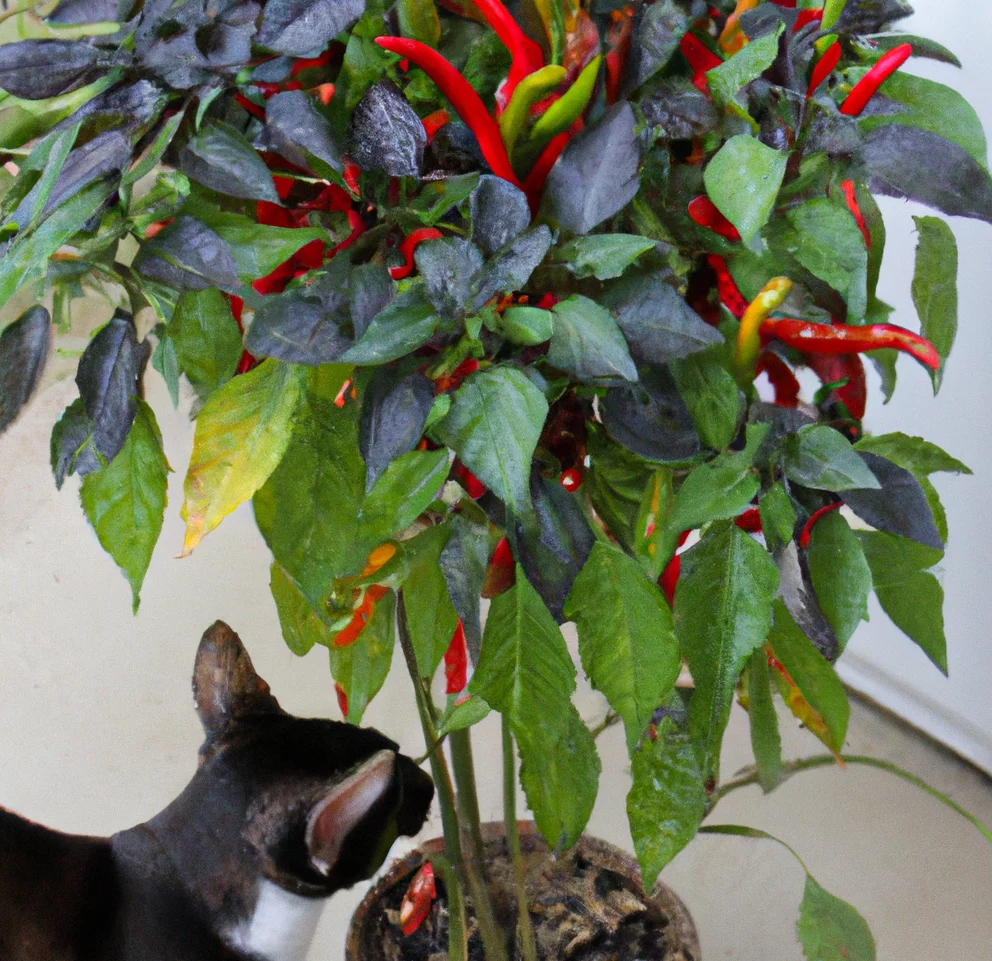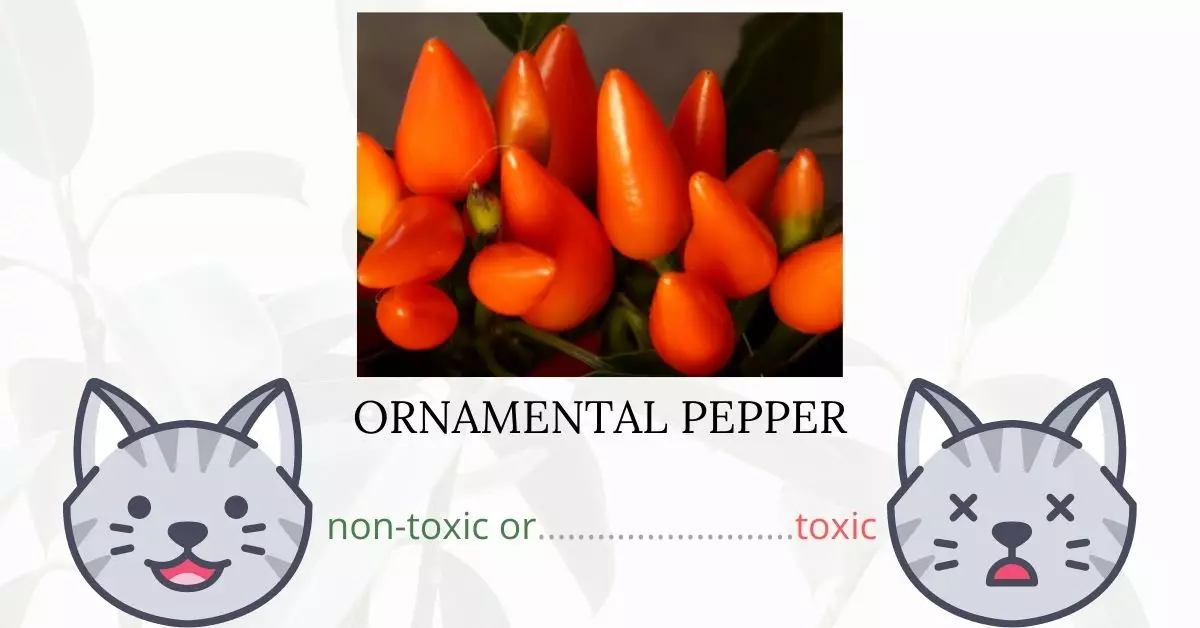Yes, ornamental pepper plants are toxic to cats. The vibrant allure of this plant can be enticing to many homeowners; however, cat owners are advised to exercise caution. When ingested, especially in large amounts, ornamental peppers contain solanine, a toxin that can cause gastrointestinal distress and adversely affect the central nervous system in felines. Every part of the plant harbors this toxin, with the berries containing the highest concentration.
While the taste is unpleasant, some cats, driven by curiosity or boredom, might nibble or ingest parts of the ornamental pepper plant. Though fatalities from ingestion are rare, the resulting symptoms can be severe. If any signs of poisoning are observed, it’s essential to consult a veterinarian immediately.
This article is a product of rigorous research and collaboration with a team of experienced DVMs (doctors of veterinary medicine). Their invaluable insights and expertise have allowed us to deliver accurate and up-to-date information regarding the potential dangers of various plants, focusing on the ornamental pepper in this context. Additionally, our findings have been cross-referenced with reputable sources such as the ASPCA and PetMD to ensure comprehensiveness and accuracy.
Clinical Signs of Ornamental Pepper Poisoning in Cats

Solanine is the primary toxin present in ornamental peppers that poses significant threats to cats. When a cat comes into contact, inhales the scent, or ingests parts of the ornamental pepper plant, several clinical signs may manifest due to solanine’s effects on the body:
- Vomiting: This is the body’s immediate response to expel the toxic substances ingested. Solanine irritates the stomach lining, causing the cat to vomit.
- Diarrhea: The toxin can disrupt the regular functioning of the digestive system, leading to frequent and loose bowel movements.
- Excessive salivation: Solanine can cause inflammation in the cat’s mouth and throat, leading to increased production of saliva as a response to this irritation.
- Weakness: As the solanine affects the central nervous system, cats may experience a general sense of lethargy and weakness.
- Seizures: High levels of solanine can interfere with the brain’s regular activity, potentially causing seizures.
- Depression: The effects on the central nervous system can also manifest as a noticeable decrease in the cat’s regular energy levels and enthusiasm.
- Shock: The body’s response to the toxin can lead to a drop in blood pressure, leading to a state of shock.
- Decreased respiratory rate: The toxin can depress the respiratory center in the brain, causing a slowed breathing rate.
- Ulceration of the gastrointestinal tract: Continuous exposure or ingestion can lead to inflammation and ulcers in the cat’s stomach and intestines due to the irritative properties of solanine.
Awareness of these clinical signs is essential for cat owners to quickly recognize and respond to potential poisoning and seek immediate veterinary care.
First Aid and Treatment of Ornamental Pepper Poisoning in Cats

Treatment of ornamental pepper toxicity may include vomit induction, administration of activated charcoal, and gastric lavage, depending on the cat’s situation.
Stomach protectant drugs can be also given to the cat. In case of seizures, the vet may also administer additional medications. Other supportive treatments such as respiratory support and fluid therapy may be also given by the vet.
Recovery from Ornamental Pepper Poisoning in Cats

Ornamental pepper poisoning is uncommon to be lethal, therefore your cat will almost certainly recover completely after receiving treatments. Most cats can be brought home immediately following treatment, but if your cat is severely dehydrated, he may need to stay in the facility until the vet is satisfied that he is in good health.
Prevention of Ornamental Pepper Poisoning in Cats
Remove the ornamental pepper plants from your home and yard, if you have them. If your neighbor is growing ornamental pepper plants, always keep an eye on your cat and restrict his access outdoors. If is safer to keep your cat inside your house.
If you love plants but have cats at home, check out these lists:





